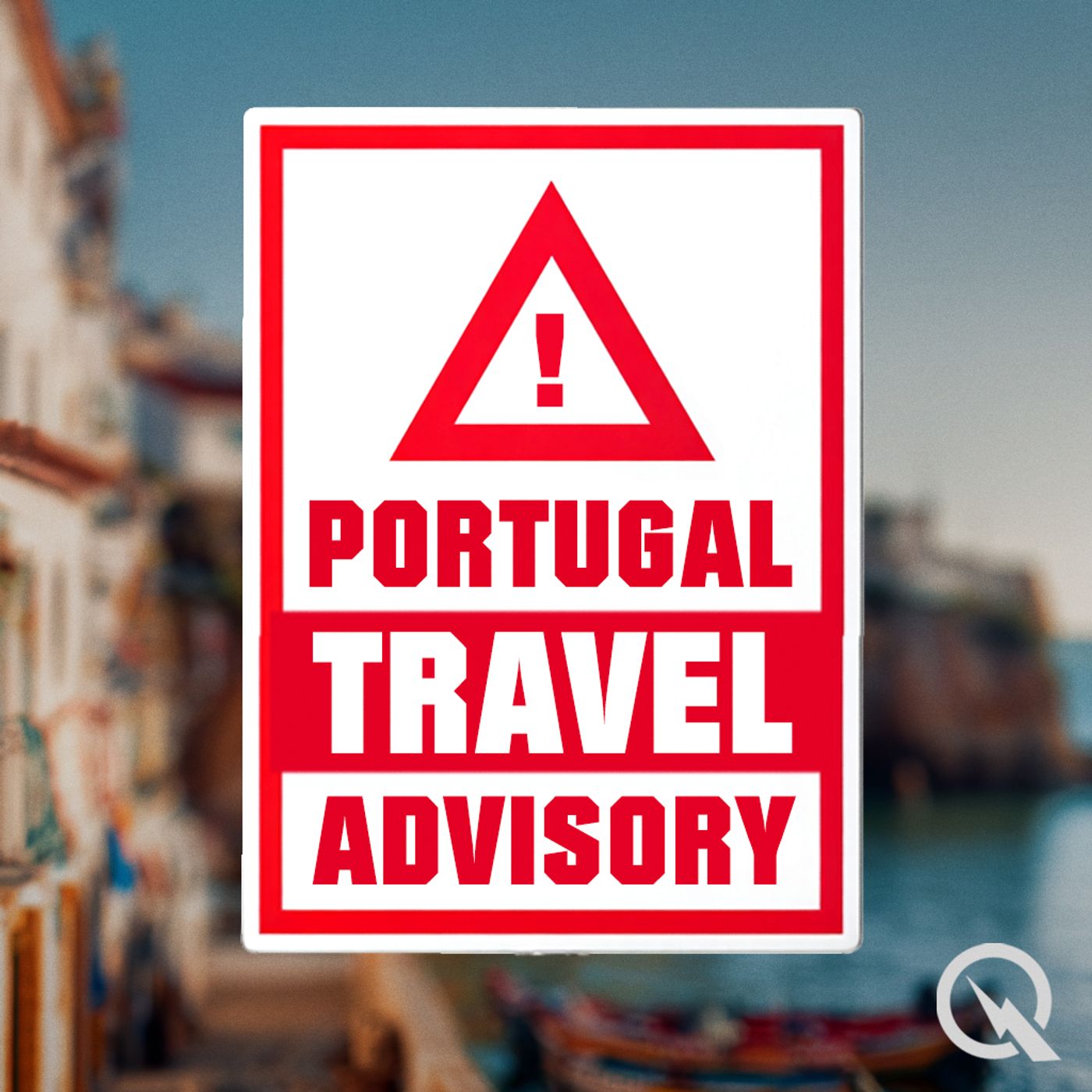Listen "Portugal Travel Safety 2025: Essential Tips for Smooth and Secure European Vacation Amid New Entry Requirements"
Episode Synopsis
Portugal remains one of Europe’s safest destinations for travelers, with current advisories from government sources such as the U.S. Department of State and Australia’s Smartraveller recommending Level 1: Exercise Normal Precautions. This means routine travel safety measures are sufficient and no elevated threats are reported. However, listeners should be aware of updated border procedures. Starting October 12, 2025, all non-EU nationals entering or leaving the Schengen Area, including Portugal, must register at border checkpoints using the new European Entry/Exit System, which involves fingerprinting and photographing each traveler. This change could result in longer border control queues, particularly for arrivals and departures at busy airport terminals in Lisbon and Porto. The UK government and Travel to Portugal news reports reinforce these entry updates and advise travelers to allow extra time for immigration processing.While violent crime is rare in Portugal, petty crime such as pickpocketing, bag snatching, and occasional scams targeting tourists are commonly reported in major cities and busy areas. Government advisories from Travel.gc.ca and practical safety guides like Travelsafe-Abroad encourage vigilance in crowded public spaces, public transportation, outdoor restaurants, and popular tourist trams in Lisbon, especially trams 15, 25, and 28. To reduce risk, listeners should avoid displaying valuables, keep belongings secure, minimize cash carried, and use crossbody or anti-theft bags. Unattended belongings — especially in rental cars marked with company logos — are a frequent target, so never leave anything visible inside vehicles and always park in secure, well-lit areas.Portugal’s nightlife is generally safe and vibrant, but listeners are advised to stay alert, watch drinks closely to prevent tampering, and avoid accepting beverages from strangers. Solo travelers and women report a low risk for harassment, yet the same rules of awareness and group travel during late hours apply in nightlife districts, particularly in Lisbon, Porto, and the Algarve. When using taxis, official cabs and ride-hailing services are reliable, but always confirm fares before departing and avoid unlicensed vehicles to prevent scams.Natural disaster risk is minimal, but wildfires can occur during hot months in rural and forested regions. Those planning outdoor activities in summer should monitor local advisories and avoid hiking in high-risk areas when temperatures are extreme. Portugal’s tap water is safe to drink nation-wide, though travelers with taste preferences may opt for bottled water in older buildings.Driving in Portugal is enjoyable on well-maintained roads, but city congestion, mountainous terrain, and strict drinking-and-driving laws — with a low blood alcohol limit — mean drivers should remain cautious, respect local rules, and watch for pedestrians or livestock in rural zones. Travelers with medical emergencies or requiring police assistance can dial 112 for immediate help.Recent travel forum reports, such as those on Rick Steves, mention long passport control lines for non-Schengen arrivals in Lisbon, sometimes exceeding two hours, emphasizing the importance of patience and preparation during busy travel periods. As always, travel insurance remains a recommended precaution.To summarize, Portugal’s travel risks are low for violent and property crime, political threats, terrorism, and health-related dangers, but listeners should be mindful of increased border processing times, practice basic safety measures in crowded or tourist-heavy areas, and watch for typical travel scams. For the most current information, check official government advisories prior to travel and during your stay.This content was created in partnership and with the help of Artificial Intelligence AI
More episodes of the podcast Portugal Travel Advisory
Portugal Travel 2025: Essential Safety Tips and New Entry Requirements for International Visitors
22/10/2025
Portugal Travel Safety Guide: Essential Tips for Secure and Enjoyable European Vacation in 2024
08/10/2025
 ZARZA We are Zarza, the prestigious firm behind major projects in information technology.
ZARZA We are Zarza, the prestigious firm behind major projects in information technology.
